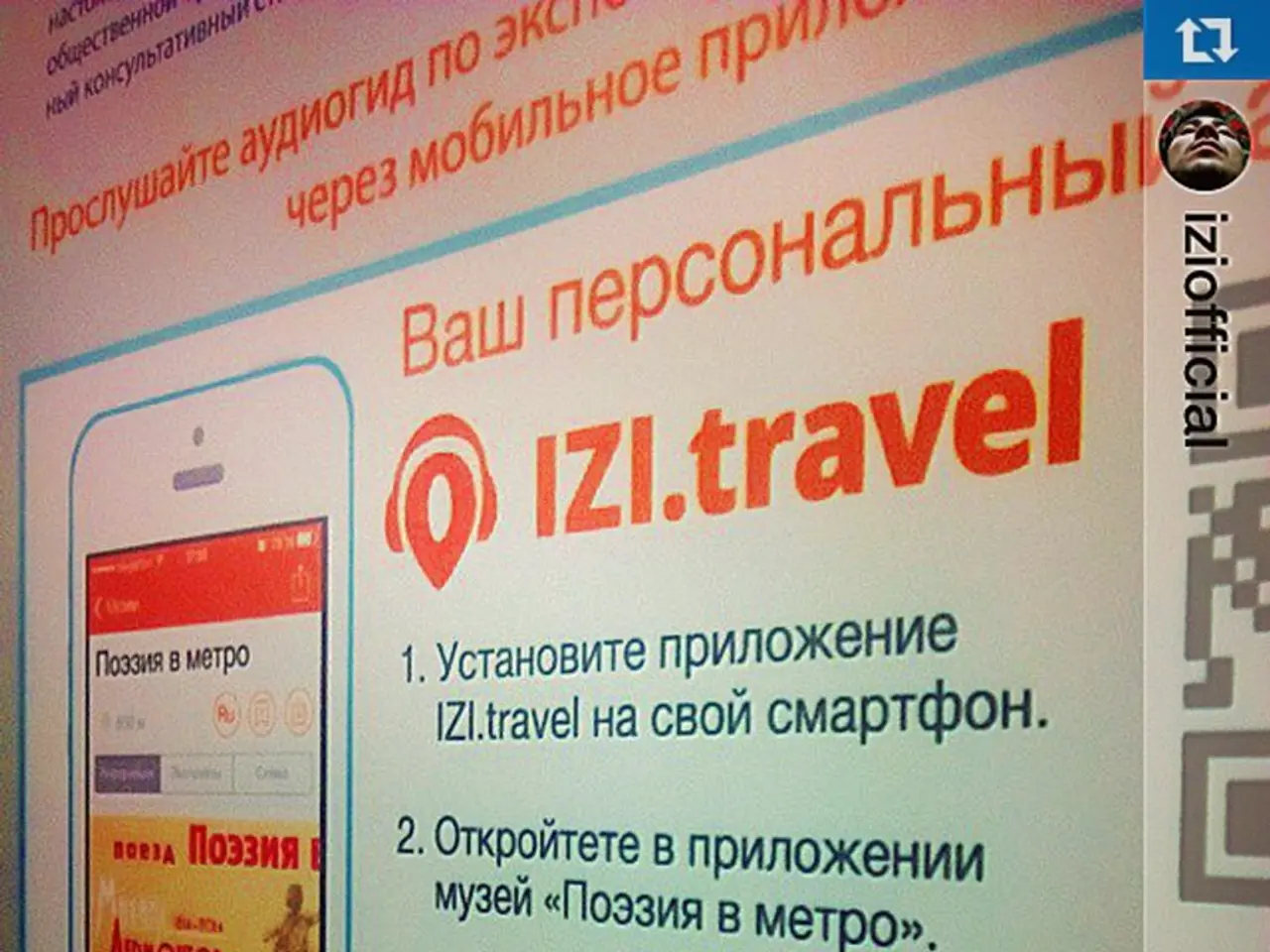Is it Lucrative for the Bank to Conduct DSA Operations in the Year 2025?
In the dynamic world of finance, the role of Direct Selling Agents (DSAs) remains crucial, connecting borrowers with lenders and assisting with documentation. As we move into 2025, the DSA business presents a profitable opportunity, albeit one that is increasingly influenced by factors such as competition, lead quality, and the rise of digital marketing.
DSAs are authorised by banks and Non-Banking Financial Companies (NBFCs) to source customers for various financial products, including personal loans, home loans, business loans, credit cards, car loans, and insurance policies. The flexible work setup, allowing DSAs to work part-time or full-time, from home or office, makes it suitable for various demographics such as students, retired professionals, or entrepreneurs seeking side income.
However, standing out in the DSA business requires more than just networking. Branding, trust, and better customer service are essential due to the high competition. Partnering with multiple lenders allows DSAs to cater to different customer profiles, increasing their chances of success.
In the current market environment, the synergy of traditional DSA roles with modern digital outreach and data-driven lead generation is key. Leveraging digital marketing strategies, such as social media, WhatsApp marketing, and local SEO, can generate leads, ensuring a steady flow of potential customers.
The booming credit market in India, with rapid growth in the retail lending sector, creates opportunities for DSAs to play a crucial role in connecting customers with banks. However, not every lead converts, and DSAs must spend time building a reliable network and learning how to qualify leads properly.
Profitability in the financial services sector is improving, with better compensation ratios and more efficient capital use reported by firms in 2025. This creates a healthier environment for related activities such as DSA services. However, the potential for recurring income is high, as commissions on loans, especially high-ticket ones like home or business loans, can be substantial.
Earnings for DSAs depend on factors such as the type of loan/product, loan amount, commission rate (ranging between 0.5% to 3%), and the number of successful leads closed. The bank DSA business is attractive due to its low investment requirements, as most banks offer free or low-cost registration, with the main investment being time, networking, and marketing.
However, DSAs must ensure every client's documentation is error-free and follow fair practices to maintain the relationship with banks. Approval time and payout depend on the bank/NBFC's internal process, which can impact cash flow. Referrals from happy clients can bring steady business with low marketing costs.
In summary, while competition has intensified and lead quality is paramount, DSAs that embrace digital marketing strategies, improve customer targeting, and maintain a strong understanding of financial products can maintain profitability in 2025. The key lies in the synergy of traditional DSA roles with modern digital outreach and data-driven lead generation.
- DSAs, in the ever-evolving landscape of finance and business, can capitalize on digital marketing strategies like social media, WhatsApp marketing, and local SEO to generate leads and ensure a consistent inflow of potential clients.
- To stand out in the competitive DSA business, it's crucial to focus on branding, trust, and superior customer service, while partnering with multiple lenders to cater to diverse clientele.
- In 2025, the potential for recurring income in the DSA business is substantial, especially with commissions from high-ticket loans like home or business loans, but it requires building a reliable network, qualifying leads effectively, and maintaining error-free documentation to preserve relationships with banks.




